Informações
Sinopse:
Criador por: Maria Karlsson Thörnqvist.
Genêros: Drama.
Lançamento: 03 de fevereiro de 2023
Produtora: SVT
(1 votos)
• 1 Temporada
• 6 Episódios
?
?
Sinopse:
Criador por: Maria Karlsson Thörnqvist.
Genêros: Drama.
Lançamento: 03 de fevereiro de 2023
Produtora: SVT

Sem informações sobre 🙁

Sweden is seen as one of the world's most gay-friendly nations. But the victories of the LGBTQ movement have run alongside another success story; The Sweden Democrats, a nationalist party with Nazi roots and a history of anti-gay politics, are now the second biggest party in the country. And they've started recruiting within the gay community. Being gay and a Sweden Democrat has long been taboo, but now, a new generation of conservative, openly gay men have started taking place on every political level-from the Swedish government to the European Parliament. These so-called homonationalists are anti-immigration, critical of Drag Story Hour, and want nothing to do with Pride. In "SD-bögar" ("Gay Sweden Democrats"), Erik Galli follows the Sweden Democrat's voters, columnists, and politicians-and members of Gays for Trump in the US-to understand a rising phenomenon: homonationalism.
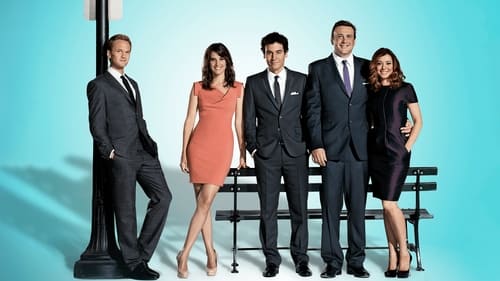
No ano de 2030, Ted Mosby, um arquiteto, decide explicar a seus filhos a história de como ele conheceu a mãe deles. Tudo começou em 2005, quando um de seus amigos decidiu se casar e Ted precisou correr atrás de um amor.
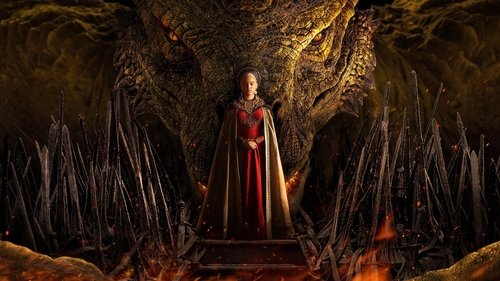
200 anos antes dos eventos de "Game of Thrones", os Targaryen estavam no ápice de seu poder, tendo inúmeros dragões sob seu comando, mas nem tudo dura para sempre. O início do fim da dinastia Targaryen.
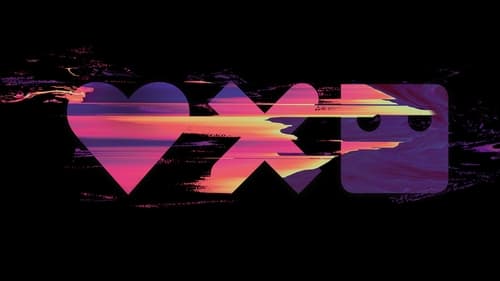
Criaturas aterrorizantes, surpresas bizarras e humor ácido habitam e florescem de cada um dos vários universos únicos criados para essa coletânea de curtas de animação, em que cada episódio apresenta sua própria narrativa e estilo visual.
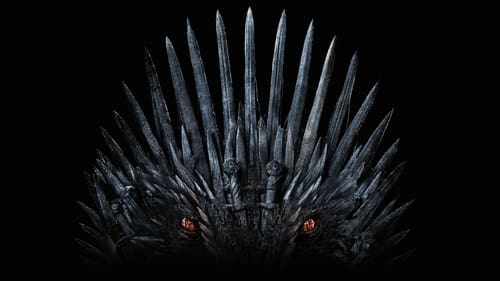
Em uma terra onde os verões podem durar vários anos e o inverno toda uma vida, sete nobres famílias lutam pelo controle da mítica terra de Westeros, dividida depois de uma guerra. Num cenário que lembra a Europa medieval, reis, rainhas, cavaleiros e renegados usam todos os meios possíveis em um jogo político pela disputa do Trono de Ferro, o símbolo do poder absoluto.
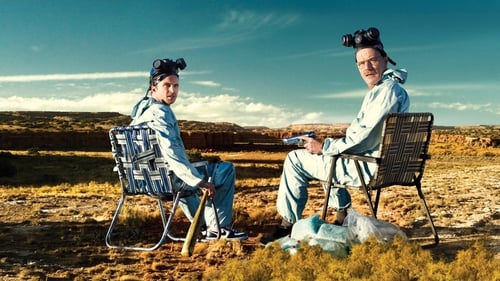
Ao saber que tem câncer, um professor passa a fabricar metanfetamina pelo futuro da família, mudando o destino de todos.
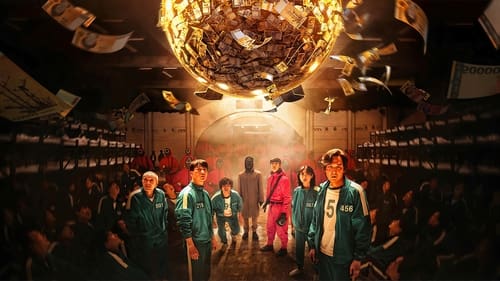
Centenas de jogadores falidos aceitam um estranho convite para um jogo de sobrevivência. Um prêmio milionário aguarda, mas as apostas são altas e mortais.
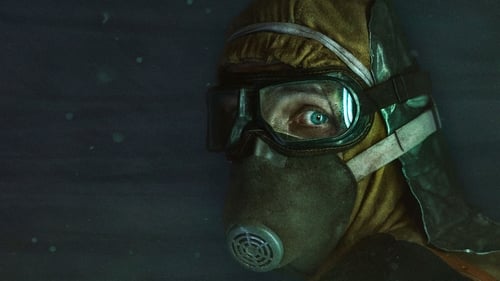
Aqui é contada a história da explosão que aconteceu na Usina Nuclear de Chernobyl. Em 1986, na Ucrânia, o acidente dizimou dezenas de pessoas e acabou por se tornar o maior desastre nuclear da história. Enquanto o mundo lamentava o ocorrido, o cientista Valery Legasov (Jared Harris), a física Ulana Khomyuk (Emily Watson) e o vice-presidente do Conselho de Ministros Boris Shcherbina (Stellan Skarsgård) tentam descobrir as causas do acidente.